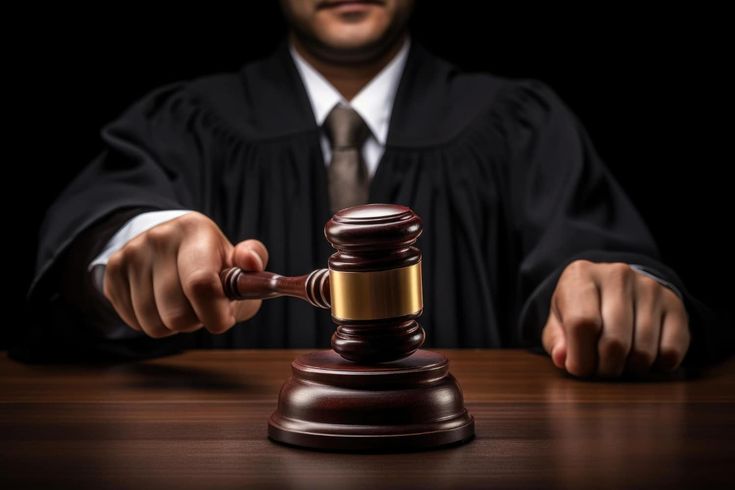
Facing criminal charges can be frightening and overwhelming. Whether you’re under investigation, have been arrested, or received a summons to appear in court, the steps you take next can have a major impact on your future.
This guide outlines what you should do—and what you should avoid—if you’re accused of a crime.
1. Stay Calm and Exercise Your Right to Remain Silent
If you're approached by the police, stay calm. Do not argue, resist, or try to explain your side at the scene. Anything you say can be used against you later—even innocent or misunderstood statements.
✅ Do say: “I would like to speak to my lawyer.”
❌ Don’t say: Anything else without legal advice.
2. Don’t Talk to the Police Without a Lawyer
You have the right to an attorney. Use it. Talking to the police without legal representation can lead to unintended self-incrimination or weakened defenses.
Police may seem friendly or say they “just want to talk.” Their goal is to gather evidence, not protect your rights.
3. Contact a Criminal Defense Lawyer Immediately
A skilled criminal defense attorney can:
Protect your rights from the start
Advise you before questioning
Represent you in bail hearings
Begin investigating the case and gathering evidence in your favor
Negotiate charges or seek case dismissal where possible
Time is critical. The sooner a lawyer gets involved, the better the chances of a strong defense.
4. Understand the Charges Against You
Criminal charges vary widely—ranging from misdemeanors like petty theft or disorderly conduct to serious felonies like assault, drug trafficking, or fraud.
Your attorney will explain the charges, potential penalties, and possible defenses. Don’t rely on guesswork or internet searches—get clear, accurate information from a legal expert.
5. Prepare for Court Appearances
Your first court appearance (an arraignment) is where the charges are formally read, and you enter a plea (guilty, not guilty, or no contest). Your lawyer may also request bail reduction or dismissal at this stage.
Subsequent hearings may include pre-trial motions, negotiations, and—if necessary—a trial.
Throughout the process, your lawyer will work to challenge evidence, question procedures, and build your defense strategy.
6. Know What’s at Stake
Criminal convictions can lead to:
Fines and restitution
Jail or prison time
Criminal records that affect employment, housing, and travel
Loss of professional licenses or immigration consequences
Even if you’re innocent or the case seems minor, don’t underestimate the risks.
Final Thoughts
Being charged with a crime doesn’t make you guilty. You have rights—and a strong legal defense can make all the difference.
At [Your Law Firm Name], we provide aggressive, confidential, and strategic representation for individuals facing criminal accusations. Whether it's a first-time offense or a serious felony, we’re here to protect your future.
📞 Contact us today for a confidential consultation. Your defense starts now.